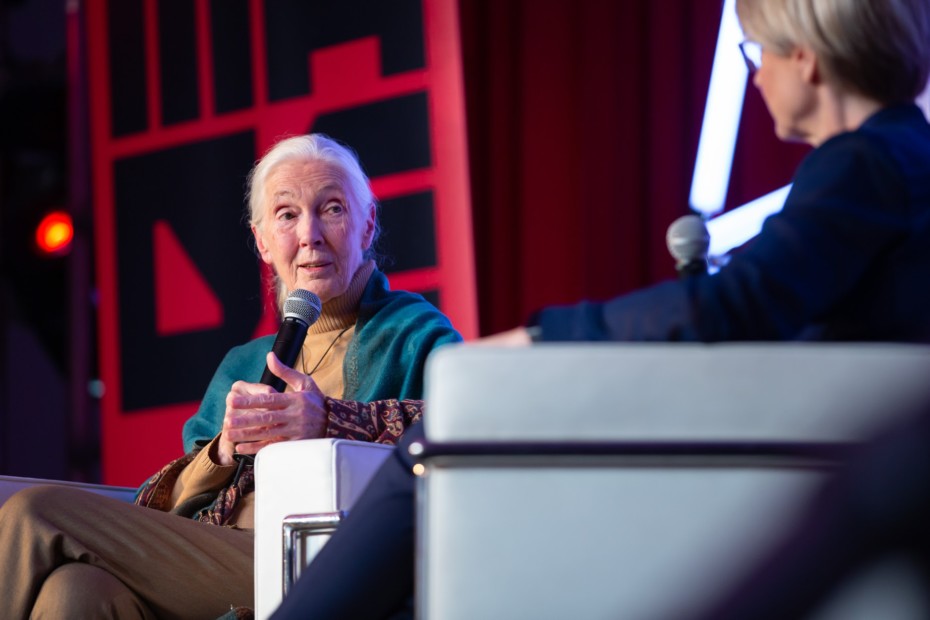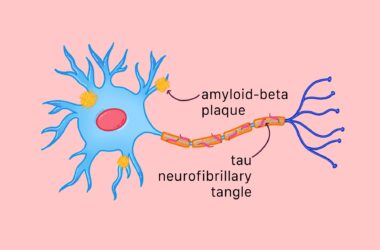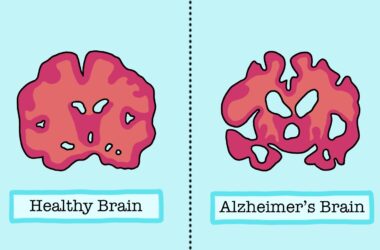As McGill prepares for the 2021 edition of the annual Beatty Lecture with Dr. Anthony Fauci, the chief medical advisor to U.S. President Joe Biden, The McGill Tribune takes a look back at the most memorable scientists and innovators who have been invited to speak since the lecture’s inception 67 years ago.
The lecture series was created in honour of Sir Edward Beatty after his brother, Dr. Henry Beatty, left a $100,000 gift in his name in 1952. Beatty studied political science at the University of Toronto, pursued a law degree, and rose in the ranks of the Canadian Pacific Railway (CPR), eventually assuming the top role of president in 1918. Beatty got involved at McGill around the same time, serving as its chancellor from 1920 to 1943.
Since their establishment, the Beatty lectures have welcomed researchers, humanitarians, artists, and other remarkable individuals from around the world, to inspire the next generation of academics.
Peter Ritchie-Calder
Born in 1906 and hailing from Glasgow, Peter Ritchie-Calder got his start as a court journalist, but made a lasting impact through his work documenting the daily lives of Londoners living through the Blitz—the bombing of London by German forces. After the war, Ritchie-Calder became more involved in science reporting and was the first to break the story about Watson, Crick, and Franklin’s discovery of the structure of DNA in 1953.
Ritchie-Calder devoted much of his career to campaigning for nuclear disarmament, and delivered his 1971 Beatty lecture, “Science and Social Change,” on that very topic. Wary of the dangers rampant nuclear advancement might bring, he warned that scientific ambition should never take precedence over moral and social consequence.
Jane Goodall
Jane Goodall, one of the best-known scientists on this list, delivered a Beatty lecture not once, but twice: First in 1979, to present her research from 20 years’ worth of observing primates, and again in 2019, where she shared a lifetime’s worth of environmental knowledge. After travelling to Gombe, Tanzania and discovering that chimpanzees are capable of using tools, Goodall was allowed to pursue a PhD at Cambridge University without earning any previous degrees. In addition to being the world’s foremost expert on chimpanzee society, Goodall has dedicated her life to promoting conservation efforts and animal well-being.
“I have seen so much suffering and destruction,” Goodall said in her 2019 lecture. “But my reasons for hope, the main one, is the young people. As you know, they can, and are, changing the world.”
Richard Feynman
Richard Feynman was a Nobel Prize-winning theoretical physicist who made astonishing advances in the field, including pioneering a space-time approach to quantum electrodynamics and introducing the idea of a quantum computer. After completing a PhD at Princeton, Feynman assisted with the Manhattan Project—the development of nuclear weapons during the Second World War—a part of his career he would later regret. He was known for his great ability to distill complex scientific concepts into simpler terms, and was referred to as “The Great Explainer” by colleagues and students. A collection of his talks, titled The Feynman Lectures on Physics, later became a bestseller within the scientific community.
In his Beatty lecture, Feynman spoke about the quantum behaviour of light and matter with his characteristic engaging humour.
“I’m supposed to be known as an expert in this field,” Feynman joked. “I think it’s true that if I don’t understand it, nobody understands it.”
Sandra Steingraber
Sandra Steingraber is an ecologist and writer who turned a personal tragedy into a lifelong career in activism. After going into remission from a cancer diagnosis in her twenties, Steingraber earned graduate degrees in biology and English and started studying the relationship between environmental pollution and growing rates of cancer. Her first book situates cancer within the realm of human rights, citing toxic releases and environmental pollution as direct causes, and her second book examines the impact of contaminants on infant health.
Steingraber delivered a Beatty lecture in 2002 titled “Protecting the First Environment: The Ecology of Pregnancy and Childbirth,” to commemorate the 40th anniversary of Rachel Carson’s landmark book about environmental pollution, Silent Spring.
Richard Dawkins
Born in Kenya in 1941, Richard Dawkins obtained his master’s and PhD degrees in zoology at Oxford University. Dawkins is best known for his book The Selfish Gene, published in 1976. The book has been likened to a modern-day version of Charles Darwin’s On the Origin of Species, both in terms of reaching a large audience and being a game-changer in scientific advancement. Dawkins popularized the view that genes act as the principal unit of selection in evolution.
In October 2006, Dawkins delivered a Beatty Lecture titled “Queerer Than We Suppose: The Strangeness of Science,” which focussed on humans’ inability to grasp reality beyond their immediate perceptions.
“All science is a form of violence against common sense,” Dawkins said in his lecture. “Although the scientific method is grounded in a trained and informed common sense, greater scientists deploy a wildness of imagination, which, in the case of an Einstein or Heisenberg, outclasses the best science fiction.”
Yang Chen-Ning
Yang Chen-Ning, a Chinese-born American theoretical physicist, made significant contributions to the field of mathematics and physics, particularly statistical mechanics, gauge theory and particle physics. Yang’s doctoral thesis on angular distribution in nucleon reactions landed him a research position at Princeton University, where he later became a professor in 1955.
In 1957, Yang was awarded the Nobel Prize in Physics for his discovery that when certain chemicals decay, parity—the symmetry between physical phenomena occurring in right-handed and left-handed coordinate systems—is violated. Yang spent his 1991 Beatty Lecture, titled “Symmetry and Physics,” explaining this complex discovery.
Carl Djerassi
Carl Djerassi, an Austrian-born Bulgarian-American chemist, novelist, and playwright is best known for advancing hormone synthesis methods—specifically ones that led to the development of an oral contraceptive pill known as the birth-control pill.
In January 1999, Djerassi delivered a Beatty lecture titled “Science-in-fiction is not science fiction.” Djerassi purchased 500 copies of his own novels with his honorarium, and handed them out free of charge to the audience.
“Everything in my books dealing with science is accurate, obsessively so,” Dejrassi said in his lecture. “It’s a way to smuggle something into reluctant minds. When people read my books, they will have learned something.”
Steven Pinker
Steven Pinker, a McGill alumnus, received his bachelor’s degree in psychology in 1976. While he has conducted groundbreaking research in the field of visual cognition and psychology, Pinker’s books have also been wildly popular, earning him two Pulitzer Prize nominations.
Pinker’s 2020 Beatty lecture, titled “Progress and Enlightenment in the 21st Century,” discussed concepts from his latest book published in 2018, where he argues that human society is improving, rather than worsening, as a direct result of 17th century Enlightenment ideals. This idea has been met with criticism and has sparked a great deal of controversy, especially among those who believe that a serious restructuring of the economic system is needed to solve the current climate crisis.









